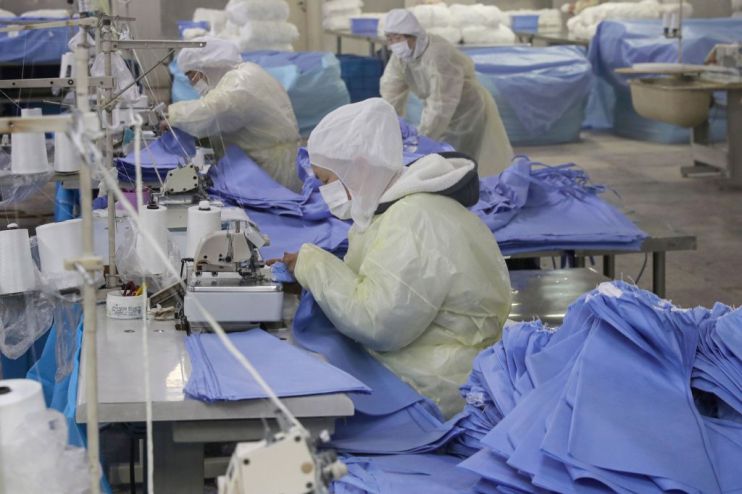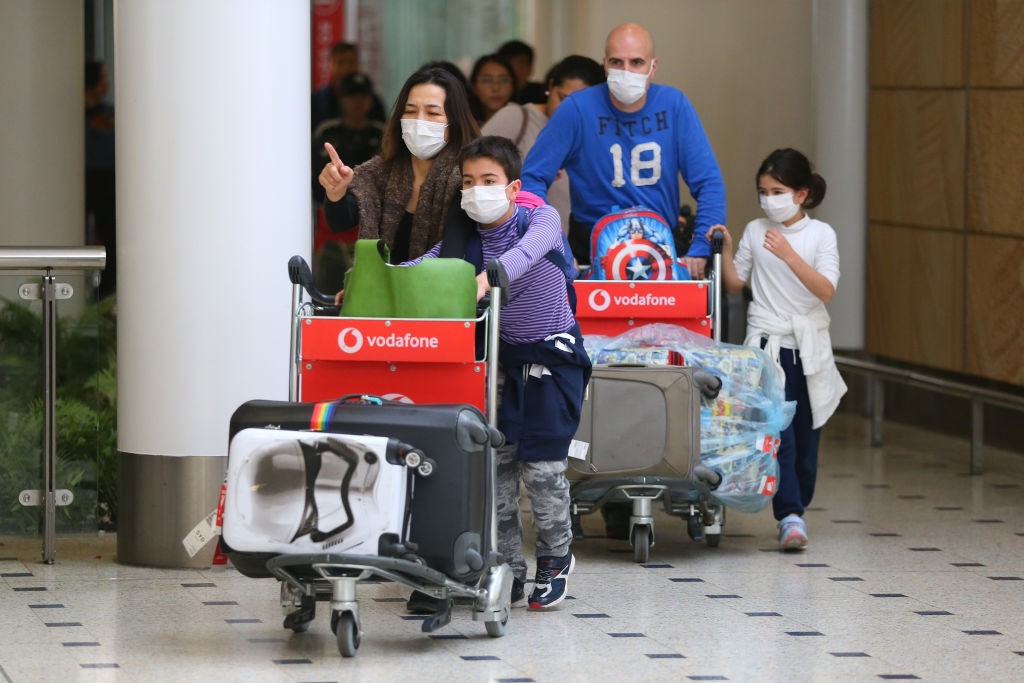FTSE 100 back in the red as coronavirus surpasses Sars outbreak

The FTSE 100 fell sharply in early trading today as European stocks sank into the red after the number of coronavirus cases surpassed the total for the Sars outbreak in the early 2000s.
Coronavirus has now killed 170 while the number of infections has risen to 7,700. There were around 5,200 cases of Sars, which claimed around 800 lives in 2002 and 2003.
The Hong Kong stock index shed 2.6 per cent overnight after falling three per cent the previous day. Japan’s Nikkei 225 fell 1.7 per cent, while South Korea’s Kospi also dropped 1.7 per cent.
In Europe, Britain’s FTSE 100 had dropped 0.7 per cent by 8.45am. Germany’s Dax was down 1.1 per cent, and France’s CAC 40 fell 1.2 per cent.
“With concerns about the economic impact of the coronavirus rising unabated, risk aversion has again dominated,” said Chris Scicluna of Daiwa Capital Markets.
The fall in stocks came ahead of another meeting of the World Health Organization’s (WHO) emergency committee. It will decide whether the coronavirus outbreak constitutes an international health crisis.
WHO decided against labelling the coronavirus a global emergency when it met last week. But cases have grown rapidly since then.
Countries are evacuating their citizens out of the Hubei province, where the virus originated. Australia, South Korea, Singapore and New Zealand are quarantining evacuees for a fortnight regardless of whether they show symptoms.

The UK’s own evacuation of 200 Brits has been delayed until at least tomorrow. They will be quarantined for two weeks when they arrive back in Britain.
Google and Ikea are the latest global firms to close operations in China. Much of the country remains in lockdown during an extended Lunar New Year holiday, raising fears that the virus will damage an already relatively weak economy.
Meanwhile, British Airways, Lufthansa and Virgin Atlantic have suspended flights to mainland China.
John Redwood, chief global strategist for broker Charles Stanley, said: “The spread of the coronavirus has upset the bullish markets that started 2020. There will be an immediate impact on the Chinese economy.”
“Consumer confidence is likely to fall, and in the worst affected cities people are not going to the shops or out on the streets,” he said. “But as confirmed cases are found in the USA, Japan, France and other countries, all share markets fall.”
Nervous investors bought so-called safe-haven assets as they sold shares. The yield on the 10-year US Treasury bond fell two basis points (0.02 percentage points) to 1.564 per cent, a level not seen since October.